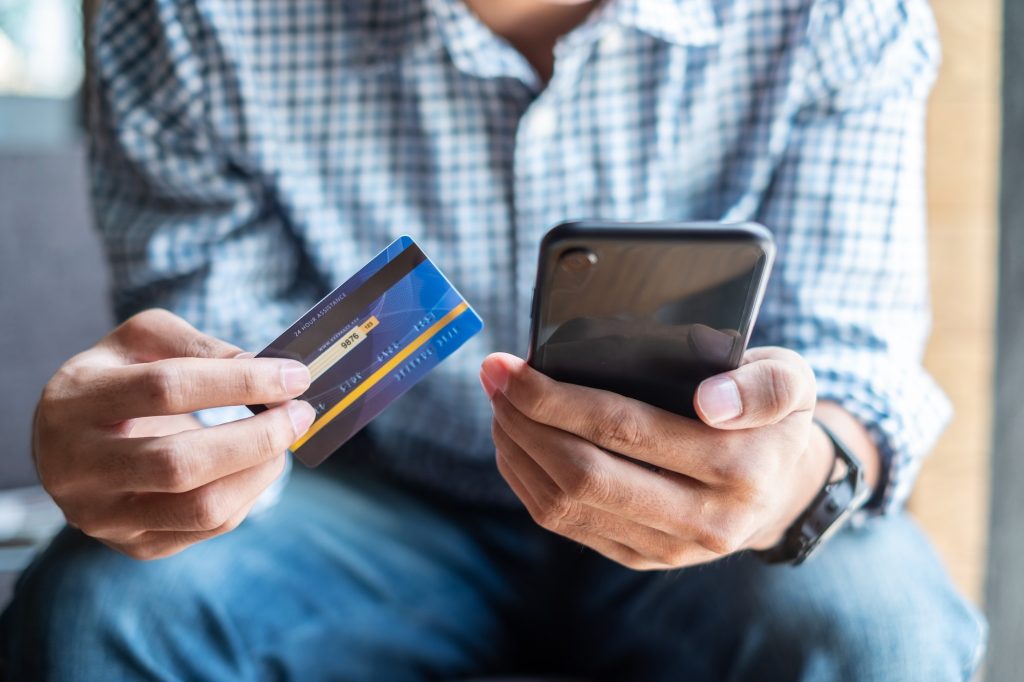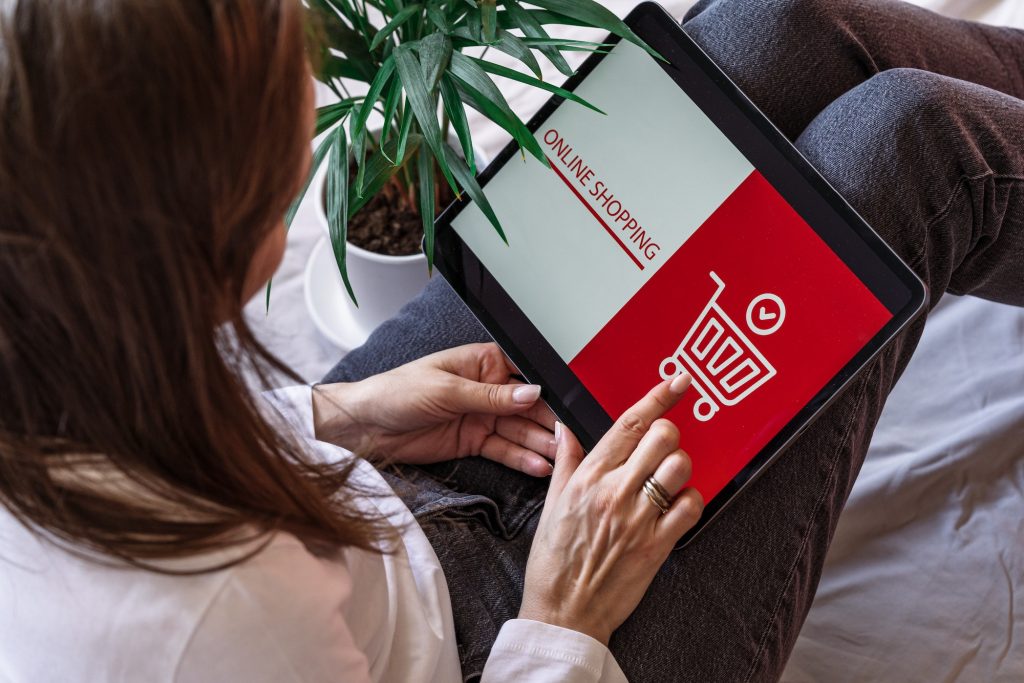So, you love the convenience of online shopping, huh? Who doesn’t? But let’s get serious for a moment—have you ever stopped to think about how secure your online transactions are? Imagine your online shopping cart as a real cart in a physical store. Would you leave it unattended with all your personal items in it? Probably not. This article is your go-to guide for making sure your virtual shopping cart—and all the personal information that goes with it—is as secure as Fort Knox. Let’s dive in!


Think of Cyber Awareness as your online “spidey sense.” It’s that gut feeling that tells you when something isn’t quite right. Being cyber-aware means you’re less likely to fall into traps set by cybercriminals. It’s like having a security guard for your online life. For example, if you’re cyber-aware, you’d think twice before clicking on a link from an unknown source.
Your password is like the key to your home. Would you use a flimsy key that anyone could easily duplicate? No, you’d want a strong, unique key. A robust password is your first line of defence against cyber threats. For instance, instead of using “password123,” a stronger alternative could be “Pa$$W0rD!321.”
Credit cards, digital wallets, or direct bank transfers—which is the safest? Credit cards often offer better fraud protection. Digital wallets like PayPal add an extra layer of security. For example, PayPal keeps your financial information hidden from sellers.
Look for 'HTTPS' in the URL and a padlock symbol in the address bar. These are indicators of a secure website.
Two-factor authentication adds an extra layer of security by requiring two forms of identification. It's like having a double lock on your door, making it harder for intruders to gain access.
Yes, digital wallets often provide an extra layer of security and are generally considered safe. They act as a middleman, keeping your financial information separate from the seller.
It's not recommended. Public Wi-Fi networks are less secure and more susceptible to hacking. If you must, use a VPN to encrypt your data.
Ever received an email that seemed too good to be true? Phishing scams often disguise themselves as legitimate businesses. For instance, you might get an email claiming you’ve won a lottery you never entered. Always double-check the email address and never click on suspicious links.
Imagine sending a postcard with all your personal information through a public mailbox. Risky, right? That’s what you’re doing when you shop online using a public network. Stick to secure, private networks. For example, use your home Wi-Fi instead of the free Wi-Fi at a coffee shop.
Two-factor authentication is like having a double lock on your door. It requires not just a password, but also a second form of identification. For example, after entering your password, you might receive a text with a verification code.
Keeping your software updated is like getting regular check-ups for your car. It ensures everything runs smoothly and securely. For instance, outdated software might have vulnerabilities that hackers can exploit.
Keep an eye on your bank and credit card statements. If you spot any fishy transactions, report them immediately. For example, if you see a charge for a service you didn’t use, contact your bank right away.
Look for websites that have secure payment gateways. Check for a padlock symbol in the address bar and the ‘HTTPS’ prefix. For example, Amazon’s URL starts with “https,” indicating a secure connection.


Before making a purchase, read reviews and ratings to ensure the website or seller is reputable. For example, if a seller has numerous negative reviews, it’s a red flag.
Public Wi-Fi is like a public restroom; you don’t know who’s been there before you. Avoid making transactions over public networks. For example, if you’re at an airport, wait until you’re home or use your mobile data.
Your smartphone is like a mini-computer. Make sure it’s just as secure by installing security apps and keeping the software updated. For instance, if you’re using an Android device, Google Play Protect can scan your device for harmful apps.
Online shopping doesn’t have to be a cybersecurity minefield. By following these steps, you can enjoy a secure shopping experience. Remember, Cyber Awareness is not a one-time task but an ongoing process. Stay vigilant, stay informed, and most importantly, stay secure.